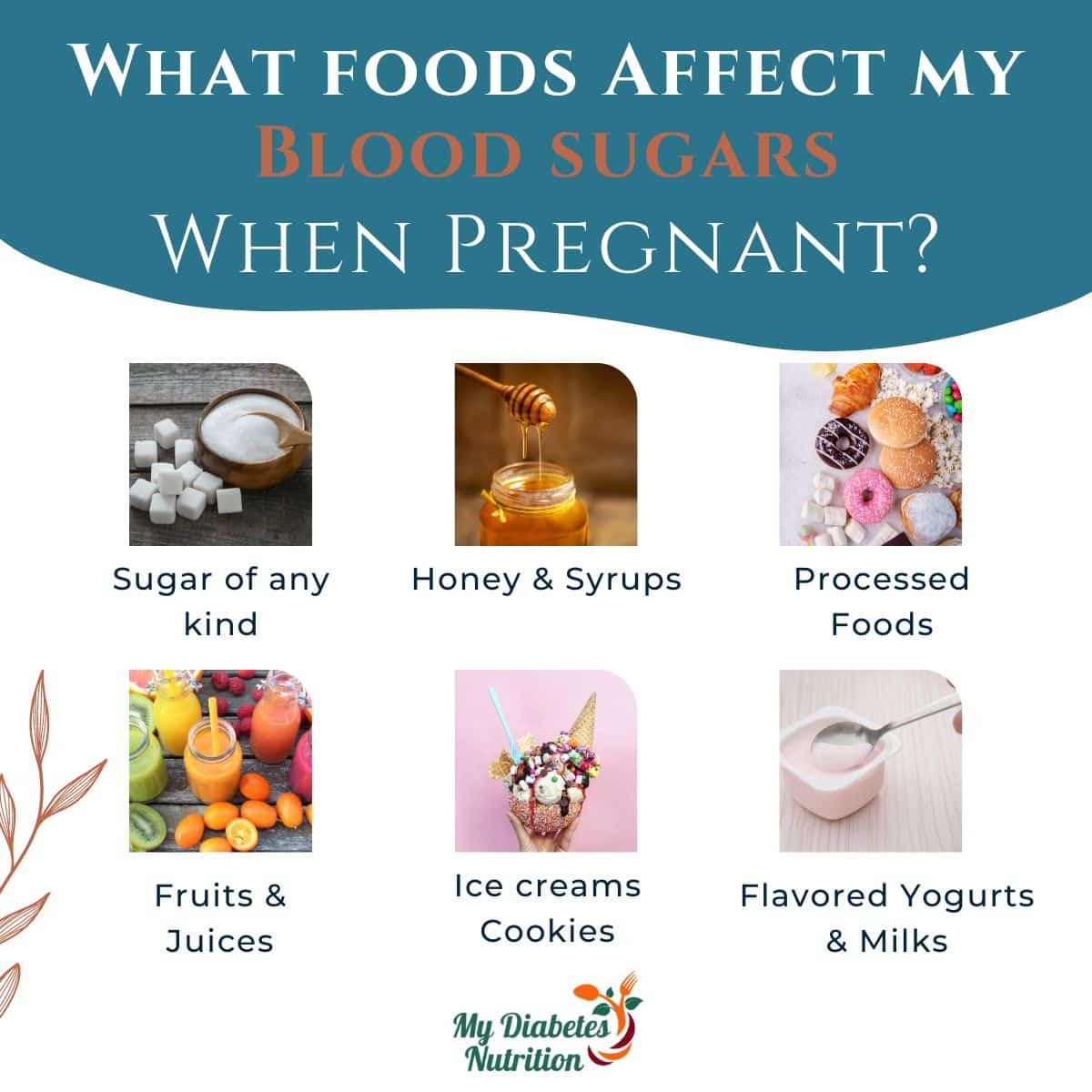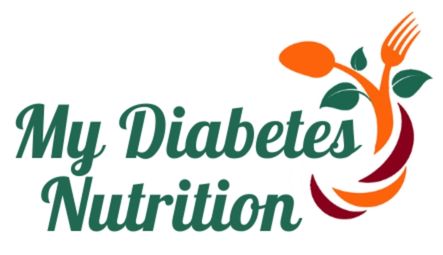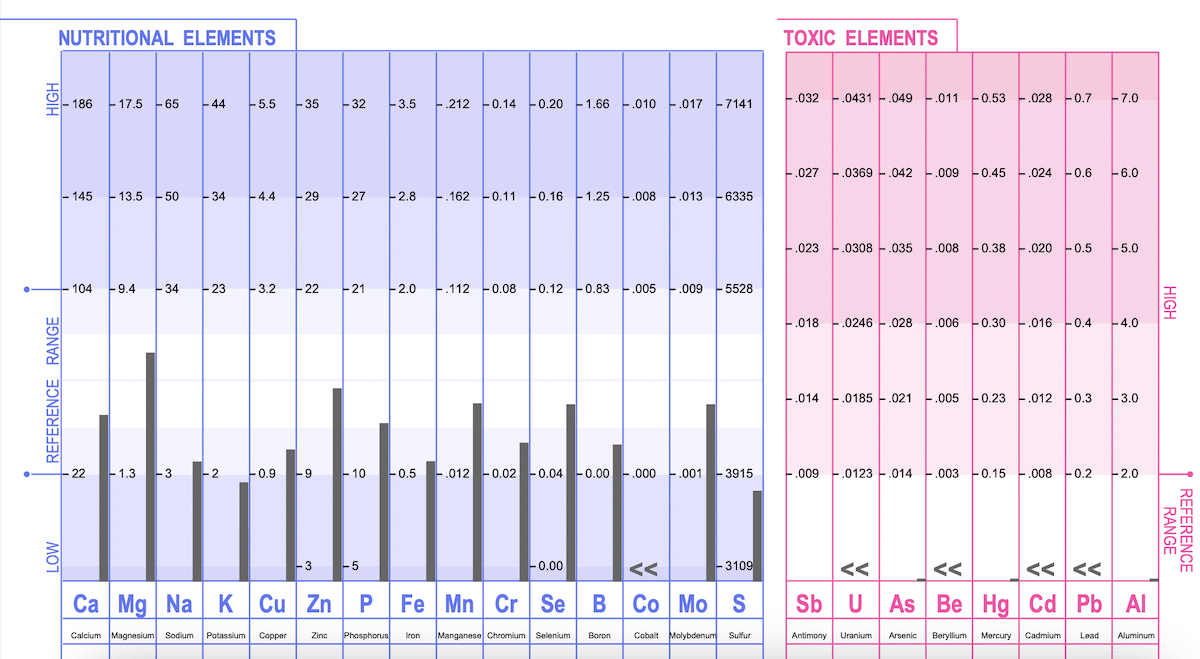Understanding Gestational Diabetes: A Comprehensive Guide
Gestational diabetes (GD) is not entirely preventable, and having it is not anyone’s fault. While we can take steps to help prevent gestational diabetes, several uncontrollable risk factors still increase its likelihood. These include hormones, genetics, and age.
We will dive into these factors and more in the sections below, but first let’s define What is Gestational Diabetes.
Table of contents:
- What is Gestational Diabetes?
- Who does it affect?
- Still feel like Gestational Diabetes is your fault?
- Impact of Aging on Insulin Sensitivity
- Effects of Advanced Maternal Age on Pregnancy
- What foods affect my blood sugars when pregnant?
- Is Gestational Diabetes Preventable or Reversible?
- What are the complications of GD?
- Do I need insulin if I have Gestational Diabetes?
- Do I have to take oral medications like metformin if I have GD?
- Will Gestational Diabetes hurt my baby?
- Conclusion
What is Gestational Diabetes?
Gestational diabetes is a type of diabetes that occurs during pregnancy. Essentially because the body cannot produce enough insulin to meet its increased needs. Insulin is a hormone that helps regulate blood sugar levels by allowing glucose to enter cells for energy. When insulin production is insufficient or ineffective, blood sugar levels can rise, leading to gestational diabetes.
Though GD usually resolves after childbirth, unmanaged GD can significantly affect both mother and baby. This guide explores gestational diabetes, including its risk factors, management, and potential complications.
Who Does it Affect?
Gestational diabetes can affect any pregnant woman,
but certain factors increase the risk, including:
✅ Being overweight or obese
✅ Having a family history of diabetes
✅ Older than 25
✅ If you have previously given birth to a baby weighing more than 9 pounds
✅ History of polycystic ovary syndrome (PCOS), Prediabetes
✅ High blood pressure or you’ve had heart disease.
✅ Certain ethnicities, such as African American,
Hispanic, Native American, or Asian American
Still feel like Gestational Diabetes is your fault?
Then we need to dive deeper into some big risk factors that you might not know about.
Unfortunately, most medical professionals won’t talk about it – simply because they lack the time or knowledge. Let’s go!
1. Hormonal changes:
Pregnancy hormones can interfere with insulin action, leading to insulin resistance and elevated blood sugar levels.
- Insulin Resistance:
- Pregnancy hormones, such as estrogen, progesterone, and human placental lactogen (HPL), contribute to insulin resistance, a condition in which the body’s cells become less responsive to insulin.
- This physiological insulin resistance helps ensure an adequate supply of glucose for fetal growth but can also lead to elevated blood sugar levels if insulin production cannot keep pace with demand.
- Glucagon:
- A hormone produced by the pancreas that works antagonistically to insulin by promoting the release of glucose from the liver into the bloodstream.
- During pregnancy, glucagon levels may increase, particularly in the later stages, contributing to elevated blood sugar levels.
- Cortisol:
- Known as the stress hormone, can increase during pregnancy, especially in response to physical, environmental, and emotional stress.
- Elevated cortisol levels can stimulate gluconeogenesis, the process by which the liver produces glucose from non-carbohydrate sources, leading to higher blood sugar levels.
- Adipokines:
- Adipose tissue secretes hormones called adipokines, including adiponectin and leptin, which regulate energy metabolism and insulin sensitivity.
- Dysregulation of adipokine levels, often associated with obesity, can exacerbate insulin resistance and increase the risk of gestational diabetes.
2. Stress:
- Stress hormones can raise blood sugar levels, so managing stress through relaxation techniques or mindfulness practices may help maintain stable glucose levels.
3. Genetic Factors:
- Family History:
- A family history of type 2 diabetes or gestational diabetes can significantly increase the risk of developing GD. Genetic predisposition plays a role in insulin resistance and impaired glucose metabolism, making individuals more susceptible to gestational diabetes.
- Ethnicity:
- Certain ethnic groups, including African American, Hispanic, Native American, and Asian American, have a higher prevalence of gestational diabetes. Genetic factors within these populations may contribute to differences in insulin sensitivity and glucose regulation.
- Age:
- Maternal age is also a risk factor for gestational diabetes, with women over the age of 25 being at increased risk. Older women may have reduced insulin sensitivity and increased insulin resistance compared to younger women.

Impact of Aging on Insulin Sensitivity:
- As women age, particularly beyond their mid-20s, insulin sensitivity tends to gradually decline. Insulin sensitivity refers to how effectively the body’s cells respond to insulin’s signals to take up glucose from the bloodstream. With reduced sensitivity, the body may require higher levels of insulin to maintain normal blood sugar levels.
- Aging is associated with changes in body composition, including increased adiposity and decreased muscle mass. Adipose tissue, especially visceral fat, secretes pro-inflammatory cytokines and adipokines that can promote insulin resistance, contributing to higher blood sugar levels.
- Insulin resistance tends to increase with age due to factors such as decreased physical activity, changes in hormone levels (e.g., decreased estrogen), and alterations in lipid metabolism.
Effects of Advanced Maternal Age on Pregnancy:
- Advanced maternal age, typically defined as 35 years or older at the time of delivery, is associated with a higher risk of gestational diabetes and other pregnancy complications. This increased risk may be partly attributed to age-related changes in insulin sensitivity and glucose metabolism.
- Women of advanced maternal age may have preexisting metabolic conditions, such as prediabetes or insulin resistance, that predispose them to gestational diabetes.
- Age-related declines in ovarian function and fertility can lead to alterations in hormonal profiles, including changes in estrogen and progesterone levels, which may affect insulin sensitivity and glucose regulation during pregnancy.
These factors illustrate that Gestational Diabetes results from complex interactions between hormones, genetics, and age, emphasizing it is not anyone’s fault but a physiological response to pregnancy.
What foods affect my blood sugars when pregnant?
Several factors WITHIN our control can affect blood sugar levels during pregnancy, including:

Let’s discuss foods that can cause blood sugar spikes.
Simple sugars are carbohydrates that are quickly digested and absorbed into the bloodstream, leading to rapid spikes in blood sugar levels.
Note: Carbohydrates, or carbs, are sugar molecules. A food consisting of / or containing a lot of sugars, starch, cellulose, or similar substances that can be broken down into glucose (or blood sugar) as the main source of energy for your body’s cells, tissues, and organs.
Examples:
Table Sugar (Sucrose):
- Table sugar is perhaps the most common source of simple sugars in the diet.
Often included in:
- Desserts: cakes, cookies, pastries, pies, ice cream, candy bars, chocolates
- Sweetened beverages: soda, fruit juices, energy drinks, sweetened teas, sports drinks
- Condiments: ketchup, barbecue sauce, salad dressings, flavored syrups
Honey:
- Honey is a natural sweetener produced by bees from the nectar of flowers.
Often included in:
- Breakfast cereals
- Baked goods: muffins, bread, granola bars
- Hot beverages: tea, coffee, herbal infusions
Maple Syrup:
- Maple syrup is derived from the sap of maple trees and is commonly used as a sweetener.
Often included in:
- Pancakes, waffles, French toast, Breakfast pastries, Glazed meats
Fruit and Fruit Juices:
- While fruits contain natural sugars (fructose), they also provide fiber, vitamins, and minerals, which can help slow down the absorption of sugar.
- However, fruit juices, especially those without added fiber, can be high in simple sugars and quickly raise blood sugar levels.
Examples include:
- Fresh fruits: grapes, bananas, mangoes, pineapples, watermelons
- Fruit juices: orange juice, apple juice, grape juice
Highly Processed Foods:
- Many highly processed foods contain added sugars to enhance flavor and palatability.
Examples include:
- Breakfast cereals, Flavored yogurt
- Packaged snacks: cookies, crackers, granola bars
- Sauces and dressings: barbecue sauce, sweet chili sauce, teriyaki sauce
Sweetened Dairy Products:
Examples include:
- Flavored yogurt
- Sweetened milk alternatives: chocolate milk, flavored almond milk, sweetened coconut milk
All of these foods can still be enjoyed as long as they are paired with eating a more balanced diet with complex carbohydrates/ whole grains/ starchy vegetables, non-starchy vegetables, lean and unprocessed protein, and healthy fats can help stabilize blood sugar levels.
The image below shows some examples of how you can pair
sugary/carbohydrate foods with protein + fats + Fiber = for improved blood sugar.

For a list of Foods & Serving sizes you can eat with Gestational Diabetes < Click here – – The subject deserved its own blog post 😉
But also!
Physical activity, adequate sleep, stress reduction, and staying hydrated can improve insulin sensitivity and glucose metabolism, helping to regulate blood sugar levels.
- Note that excess weight, particularly abdominal obesity, is a significant risk factor for gestational diabetes. Adipose tissue secretes pro-inflammatory cytokines and adipokines (molecules), contributing to insulin resistance and impaired glucose metabolism.
Is Gestational Diabetes Preventable or Reversible?
While some risk factors for GD cannot be changed, such as age, genetics and family history this can certainly make us feel like having Gestational Diabetes is all but our fault. Instead of assigning blame, focus on managing blood sugar levels through lifestyle modifications and medical interventions to ensure a healthy pregnancy outcome.
Adopting a healthy lifestyle before and during pregnancy can reduce the risk of GD. This includes maintaining a healthy weight, eating a balanced diet, staying physically active, and managing stress.
Yes, gestational diabetes typically resolves after childbirth. However, it’s essential to manage blood sugar levels during pregnancy to prevent complications for both the mother and the baby.
What are the complications of GD?
Poorly managed gestational diabetes can increase the risk of various complications for both the mother and the baby, increasing our feeling of guilt and fault including:
- Preeclampsia
- Macrosomia (large birth weight)
- Birth injuries
- Premature birth
- Stillbirth
- Type 2 diabetes later in life for both mother and child
Do I need insulin if I have Gestational Diabetes?
Not all women with gestational diabetes require insulin. However, suppose blood sugar levels remain elevated despite lifestyle modifications and oral medications. In that case, insulin therapy may be necessary to control glucose levels effectively and prevent complications for both mom and baby.
During fetal development, the placenta produces hormones that help regulate the mother’s metabolism and provide nutrients to the developing fetus. These hormones, including human placental lactogen (hPL), estrogen, and cortisol, can also affect the baby’s insulin production and glucose metabolism.
Insulin production by the fetus is essential for its growth and development. It allows the fetus to utilize glucose obtained from the mother’s bloodstream for energy and contributes to the development of various organs and tissues. Babies begin to produce insulin in the womb, usually starting around the 10th to 12th week of pregnancy (~3rd month of pregnancy).
However, the fetal pancreas (where insulin is made) is not fully matured until later stages of pregnancy, and the amount of insulin produced by the fetus may vary throughout gestation.
Do I have to take oral medications like metformin if I have GD?
Metformin is one of the oral medications commonly used to manage gestational diabetes. It works by improving insulin sensitivity and reducing glucose production in the liver. However, medication recommendations may vary depending on individual circumstances, and some women may require insulin instead of or in addition to oral medications.
In my personal experience when working with women with GD taking metformin it is generally used up-to the end of the first trimester. I’ve noticed that most women experience less weight gain with metformin compared to using it with insulin or just insulin on its own. There are also many reviews and anecdotes of women who have been on metformin to help the body keep the pregnancy active and for other reasons. However, there is still more research to do.
Will Gestational Diabetes hurt my baby?
Gestational diabetes can affect the baby’s health, especially if blood sugar levels are poorly controlled. High blood sugar levels in the mother can lead to excessive fetal growth (macrosomia), which increases the risk of birth injuries and cesarean delivery.
Additionally, babies born to mothers with GD may have low blood sugar levels (hypoglycemia) after birth and an increased risk of developing obesity and type 2 diabetes later in life.
Conclusion:
So, is it your fault that you have gestational diabetes? Absolutely not. Remember, while certain factors are beyond our control, being informed and proactive can make a significant difference.
Gestational diabetes is a common complication of pregnancy that requires careful management to ensure the health and well-being of both the mother and the baby. By understanding the risk factors, potential complications, and strategies for prevention and treatment, women can take proactive steps to maintain stable blood sugar levels and promote a healthy pregnancy outcome.
Women who have had gestational diabetes are at a higher risk of developing diabetes in future pregnancies and are ten times more likely to develop type 2 diabetes as they age compared to those who haven’t experienced gestational diabetes. Working closely with healthcare providers, adopting a healthy lifestyle, and following medical recommendations are essential for managing GD effectively.
“As a mom, business owner, wife… I. Get. It!! It is so hard to do it all! To find motivation, time, and support. To know how much, when, and how… To even think of yourself first.
Melissa Ortiz is a Functional Registered Dietitian & Diabetes Specialist passionate about transforming lives by empowering women to conquer their health challenges. With over 10 years of experience, she specializes in aiding women who are battling fatigue, menopause stages, weight & digestive issues, and blood sugar irregularities.
Her approach is unique in the nutritional world as she provides specialty testing that gives incredible insight into your health at a cellular level! – yes, beyond blood work! and so much more.
Let’s embark on a journey to revitalize your health, boost energy, and restore balance in and out, allowing you to reclaim a fulfilling and vibrant life!


 “As a mom, business owner, wife… I. Get. It!! It is so hard to do it all! To find motivation, time, and support. To know how much, when, and how… To even think of yourself first.
“As a mom, business owner, wife… I. Get. It!! It is so hard to do it all! To find motivation, time, and support. To know how much, when, and how… To even think of yourself first.

